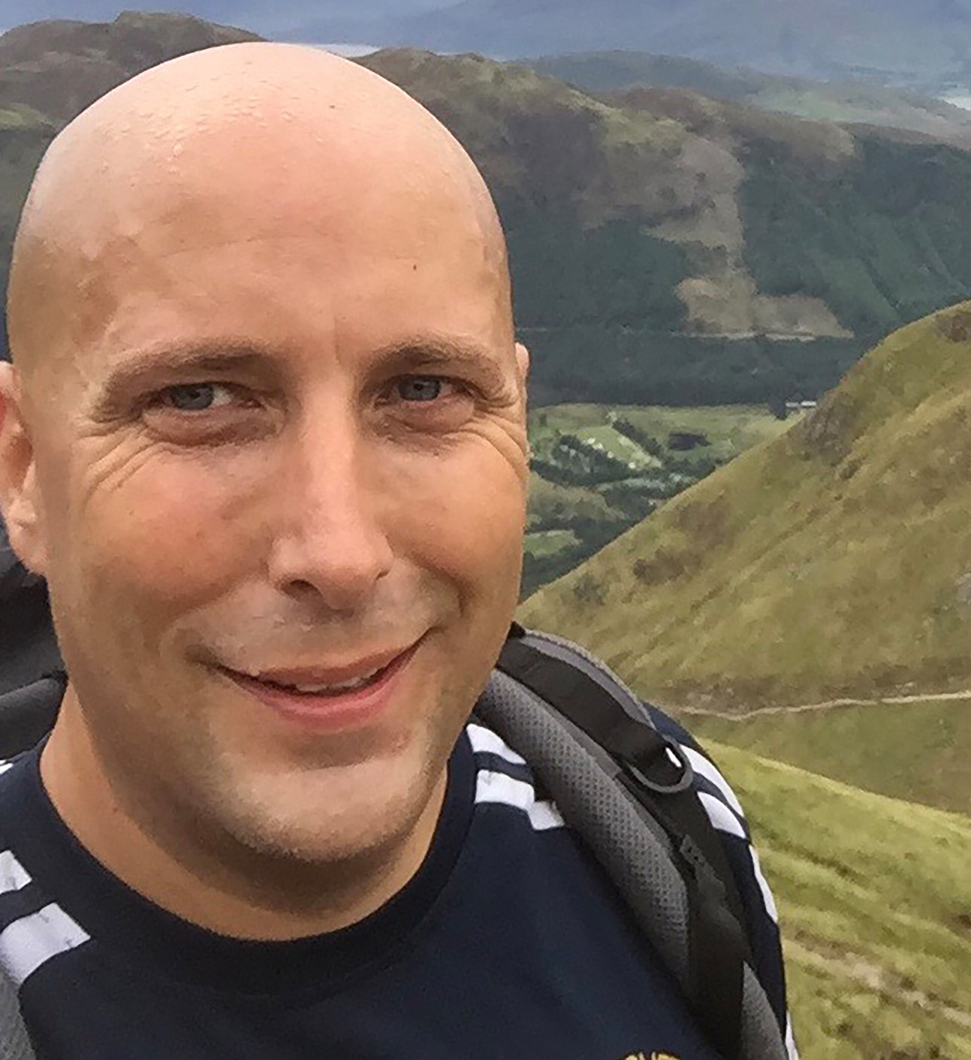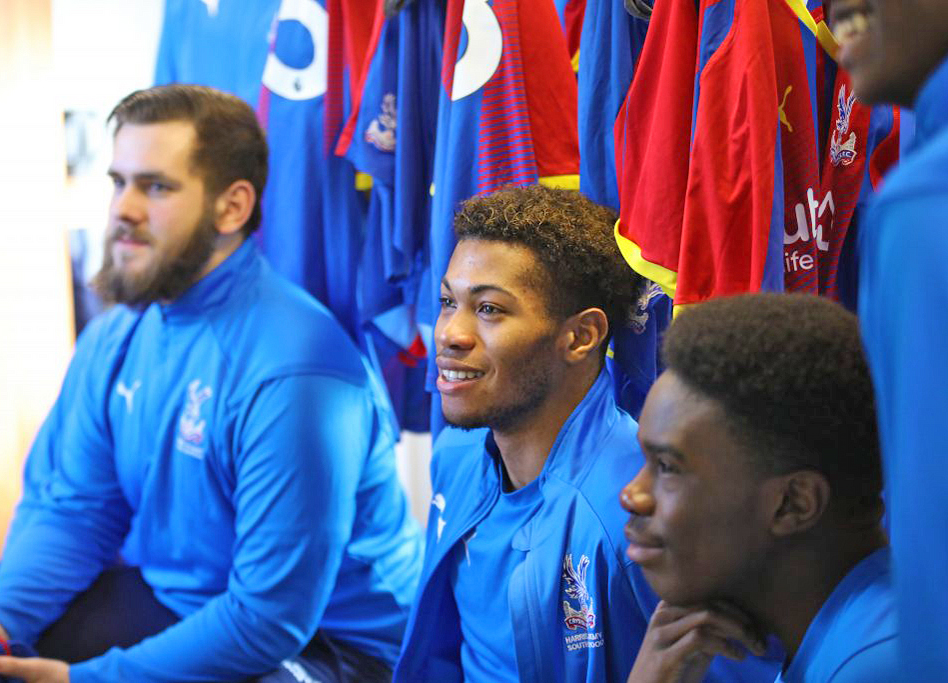What’s your background?
Professionally, I have 27 years of leadership experience in a FTSE100 company. Personally, I have a very keen interest and social involvement in Rugby Union, which I’ve played from a very young age and has always been part of my social circle. As I got older I took on various roles in community rugby, taking over as Chairman of Hitchin Rugby Club in the UK in 2015.
I’m also the father to two young adults, who are 18 and 21 years old.
Where did the idea for GoVox come from?
In late 2018, we very sadly lost a number of players at grassroots rugby level to suicide. At the same time, I had a number of ‘near miss’ incidents linked to teams at work. My involvement in mental health and wellbeing before this had been very light touch; looking back now, pretty embarrassingly so.
We got together with a number of leaders across sports and industry, along with representatives from MIND and other mental health service providers. Initially we wanted to check if these were isolated cases, but unfortunately we quickly found out that they weren’t, and the cases had a couple of things in common.
Predominantly – but not always – they were male, but in every case we looked at the key thing that stood out is they were not the people who you would have suspected were struggling – in many cases they were the life and soul of the party and had no obvious issues they were dealing with.
We did a pretty deep review of the advice and support available, and it was pretty good. The ‘gap’ we identified was related to those who have responsibility for a group of people, such as a manager, leader, coach or pastoral care. They are all very busy and needed help to:
• Stay connected with their teams
• Quickly identify who needs their support
• Measure the impact on a team and individuals when situational factors change, because everyone has a different level of resilience.
This is where the GoVox Wellbeing Check In was created, as a tool to help ‘Prioritise the Conversations that Matter’.
The Check is quick, easy and non-intrusive. It has hit on the culture of people being very open and honest with their phone screens and happy to share on social media, etc.
How does GoVox work?
A club signs up its members; a really simple process. At the same time they identify which people in their organisation are best placed to be the first line of support for their members.
GoVox then runs a fully managed service, with a regular check-in process. This is normally a monthly process but some clubs have opted for more often, particularly during times of change and disruption.
The users are invited to ‘check-in’ and answer a series of wellbeing linked questions. These are non-intrusive but are designed to draw out any key reasons for concern. Users are also asked if they would like to catch up with someone and, finally, they can leave a comment. It takes about 30 seconds to check in, and there’s no log-in required.
The results are presented via a live Online Wellbeing Dashboard to the key support people in the club. The process isn’t anonymous, so if someone requires support then they know exactly who it is.
The insights include ‘red flags’, to draw attention to specific areas of concern. Each user also has their ‘Happiness Score’ calculated, so you can track over time and see at a glance how people are tracking.
What are the common risks to athlete mental health?
GoVox has been adopted at both elite level and grassroots level across a range of sports. Athletes are at risk from the same challenges as anyone in life and this will change over time, due to their specific circumstances.
We do, however, see an increased issue with athletes around:
• Isolation and lack of connection
• Anxiety, specifically a fear of performance and worthiness
• Depression, particularly during poor performance times and towards the end of an athlete’s career.
A competitive environment and personality can also lead athletes to compare themselves more regularly to others and can lead to a range of eating and control disorders.
How are the wellbeing questions formulated?
We have a growing set of base questions, which have been developed by experts and shaped and improved through use via GoVox.
We share these with each new organisation, but tweak and amend them so they are a perfect fit to their communication style and cultural communications delivery style.
How much detail is provided about wellbeing?
We have a wide range of data that maps ‘Happiness’ as a key indicator, driven across a range of questions. We have seen this move up and down based on internal and external factors.
Interestingly we can map how anxiety, and any movement there, can impact sleep and positivity.
We’re also able to map and measure the impact of any actions taken to mitigate a particular issue – without directly asking about the area of concern.
Do you use any AI technology?
We are currently exploring some software that can highlight concerns based on key words from users. We expect this to be particularly helpful in analysing the comments users write during check in, especially considering we have completed over 250k check-ins this year.
Do you offer any assistance to clubs on how to support struggling members, once they have been identified?
Yes, we teamed up with our local MIND – they saw the value in our service and we now do check-ins with their teams.
We arrange for mental health training for clubs via MIND; in fact we have just completed a pilot for the Rugby Football Union in Hertfordshire, UK.



























































